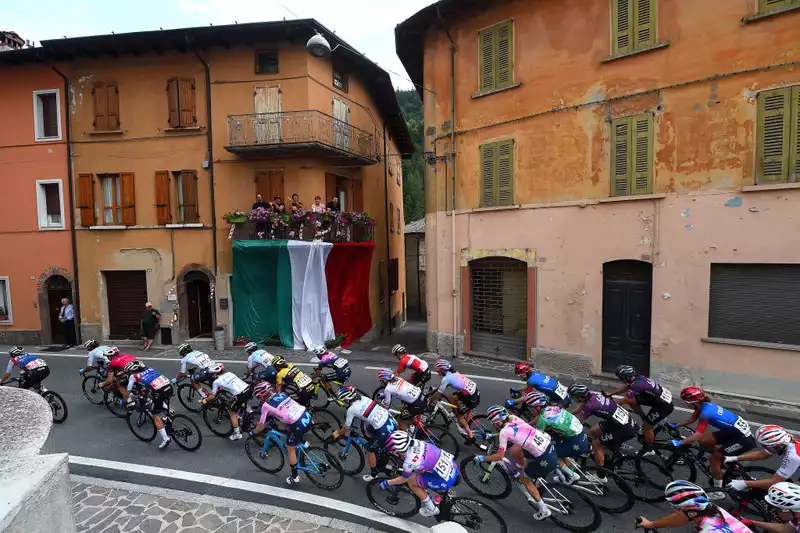It has been almost a month since the route for the men's Vuelta a España was announced by organizer Unipublic, but information about the women's version of the Vuelta a España, known this year as La Vuelta Femenina, has yet to be announced, even though it will be held in early May, about four months before the men's Vuelta a España, which will take place in late August. Despite the fact that it will be held in early May, about four months before the men's Vuelta a España in late August, no information has yet been released.
Similarly, the RCS announced the route for the men's Giro d'Italia last October, but nothing has yet been announced for the Giro d'Italia Donne, which is organized separately by PMG Sport and Starlight. 2022, the race route was announced in mid-March, a only three months before the race.
In contrast, the Tour de France Femme route was announced in October along with the men's Tour de France.
At a recent online press conference hosted by the French women's WorldTour team FDJ-Suez, team manager Stephane Delcourt went out of his way to mention this discrepancy and demanded that the organizers improve.
"One thing I'm not happy with in women's cycling is that we're not doing enough. 'We talk a lot about professionalization and visibility. But we have three Grand Tours targeted and only one Grand Tour that respects women. [At the moment, we don't know the stage details for the Giro and Vuelta. The Vuelta is the first week of May, but we don't know anything, just rumors about the stages. If we want to invest in women's cycling, the organizers need to respect this part of the event."
[10While the current situation may be unsatisfactory, Delcourt also understands that women's cycling is a work in progress and explains that alongside the length of the women's stage races, the current limiting factor is not the ability of the riders but the team support behind them.
"At the last UCI meeting we pushed this (timely race information - editor's note) quite a bit, and while we know the UCI is working hard, we also know that not all organizers and teams are improving at the same speed, and we are working hard to make sure that the UCI is not only making progress in the women's race, but also in the men's race.
"When asked, 'Are you ready to run two or three weeks in the Tour de France,' the girls are physically ready, but the team is not. We need to move forward step by step."
Marta Cavalli, who won the Amstel Gold Race and La Flèche Wallonne last year and finished second in the Giro Donne, added her athlete's perspective.
While the long-term training plan will not change much, knowing the details of the race means that training can be tailored to specific stages and climbs, as has long been the case in men's cycling. At the top level, these details make all the difference.
"I know the Grand Tours are always hard, but knowing the course allows me to focus more on preparing for the race in the last months before the race," Cavalli said.
"I hope to know more soon, but at the same time I am training hard because I am convinced that the race will be hard.
Like her team manager, Cavalli acknowledged that women's cycling has improved greatly over the past few years and was optimistic that this trajectory would continue.
"I wish we could plan a recon camp or train in the same kind of parcours, but at the same time we are in process. We want to perfect everything as quickly as possible, but we also need to stop and think."
"About two years ago, we were really far from where we are now. We know that not everyone will grow at the same speed. In two more years, I think everything will be as we want it to be," Cavalli concluded positively.


Comments